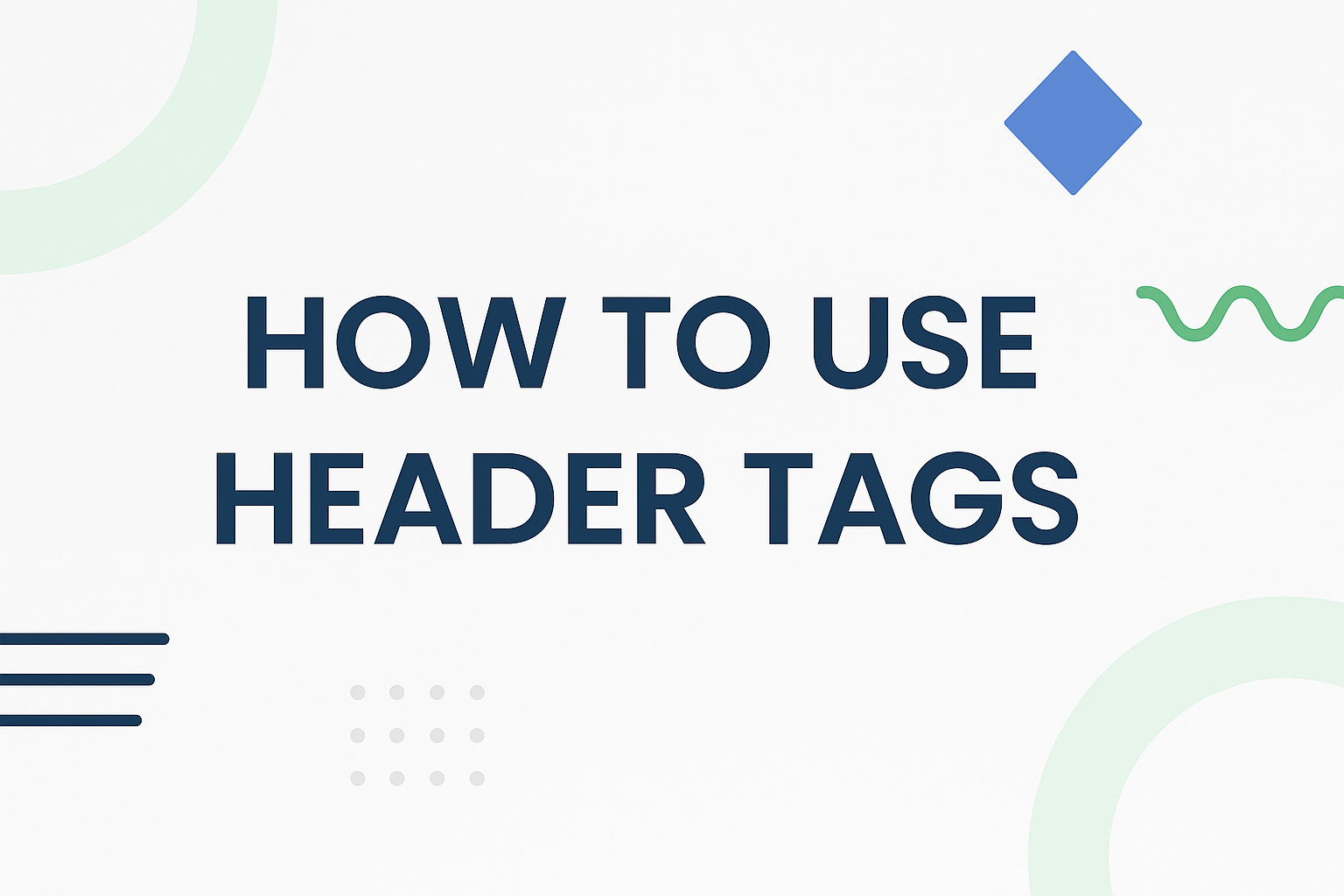Search Engine Optimization is often divided into two major categories: on-page and off-page SEO. Together, they form the foundation of a website’s visibility and credibility. While both aim to improve rankings, they work from different sides of the same coin — one focuses on what happens on your website, and the other deals with what happens outside of it.
Understanding On-Page SEO
On-page SEO refers to all the elements you can control directly within your website. It’s about optimizing your content, structure, and code so search engines can easily understand and index your pages.
When Google’s crawlers visit your site, they look for signals that tell them what each page is about and how valuable it is to users. On-page optimization ensures those signals are clear and consistent.
Key Components of On-Page SEO
- Content Quality and Relevance
The content on your page must satisfy the user’s intent. It should be original, informative, and structured to answer specific questions. Search engines reward depth and clarity — not keyword stuffing. - Title Tags and Meta Descriptions
These elements appear in search results and directly affect click-through rates. Titles should be descriptive and keyword-rich, while meta descriptions should summarize the page’s value in under 155 characters. - Header Tags (H1, H2, H3)
Proper use of headers creates a logical structure and helps both readers and search engines navigate your content. The H1 typically defines the main topic, while H2s and H3s organize supporting sections. - URL Structure
A clean, keyword-focused URL (for example,/seo-basics/on-page-vs-off-page-seo) helps search engines understand the page’s topic and improves user readability. - Internal Linking
Linking to other relevant pages on your site helps distribute authority and guide users through related topics. It also assists crawlers in discovering your content more efficiently. - Image Optimization
Images should have descriptive file names, alt text, and compressed sizes. This not only enhances accessibility but also boosts site performance — a known ranking factor. - Mobile Friendliness and Page Speed
With most searches happening on mobile devices, responsiveness and fast loading times are critical. Tools like Google PageSpeed Insights help identify issues that slow your site down.
Understanding Off-Page SEO
Off-page SEO includes all the strategies and signals that occur outside your website but influence your rankings. It’s about building authority, reputation, and trust across the web.
Search engines interpret backlinks, mentions, and social engagement as indicators of credibility. The more respected sources that reference your site, the more trustworthy it appears in Google’s eyes.
Key Components of Off-Page SEO
- Backlinks
Links from other websites act as endorsements. A single backlink from a high-authority domain can be more valuable than dozens from weak or irrelevant sites. - Brand Mentions
Even when another site mentions your brand without linking, search engines recognize these references as signals of authority. - Social Signals
While social shares aren’t direct ranking factors, they amplify your content’s reach and increase the likelihood of earning backlinks and engagement. - Local Citations and Reviews
For businesses with physical locations, consistent listings and positive reviews across directories like Google Business Profile and Yelp boost local visibility. - Guest Posting and Outreach
Publishing articles on other reputable sites helps establish expertise and attract referral traffic, while earning valuable backlinks. - Digital PR and Influencer Partnerships
Building relationships with industry leaders and media outlets can generate coverage that elevates your brand’s online authority.
How On-Page and Off-Page Work Together
The two sides of SEO are interdependent. On-page efforts create a solid foundation — high-quality content, proper structure, and fast performance. Off-page efforts amplify that foundation by earning trust and exposure.
You can think of it this way:
- On-page SEO tells search engines what your site is about.
- Off-page SEO convinces them that it’s worth ranking.
A website with strong off-page signals but weak on-page optimization may still struggle to rank, and vice versa. True SEO success requires balance.
Common Mistakes to Avoid
- Ignoring technical errors such as broken links or missing meta tags
- Building low-quality or spammy backlinks
- Over-optimizing content with excessive keyword repetition
- Neglecting user experience and accessibility
- Failing to maintain consistent brand information across platforms
Building a Sustainable Strategy
To achieve long-term results, focus on creating valuable, evergreen content supported by ethical link-building. Invest time in monitoring analytics, updating outdated pages, and nurturing relationships within your niche.
SEO is not a sprint but an ongoing process of improvement. The most successful sites treat optimization as a continuous conversation between content creators, users, and search engines.
Conclusion
On-page and off-page SEO are two halves of a single ecosystem. One shapes how your website communicates its value, while the other determines how the world perceives that value. Together, they form the core of every successful search strategy. Master both, and you control not just your visibility — but your authority.
Photo by Ketut Subiyanto: https://www.pexels.com/photo/crop-woman-typing-on-laptop-keyboard-in-cafe-4126712/








Leave a Reply